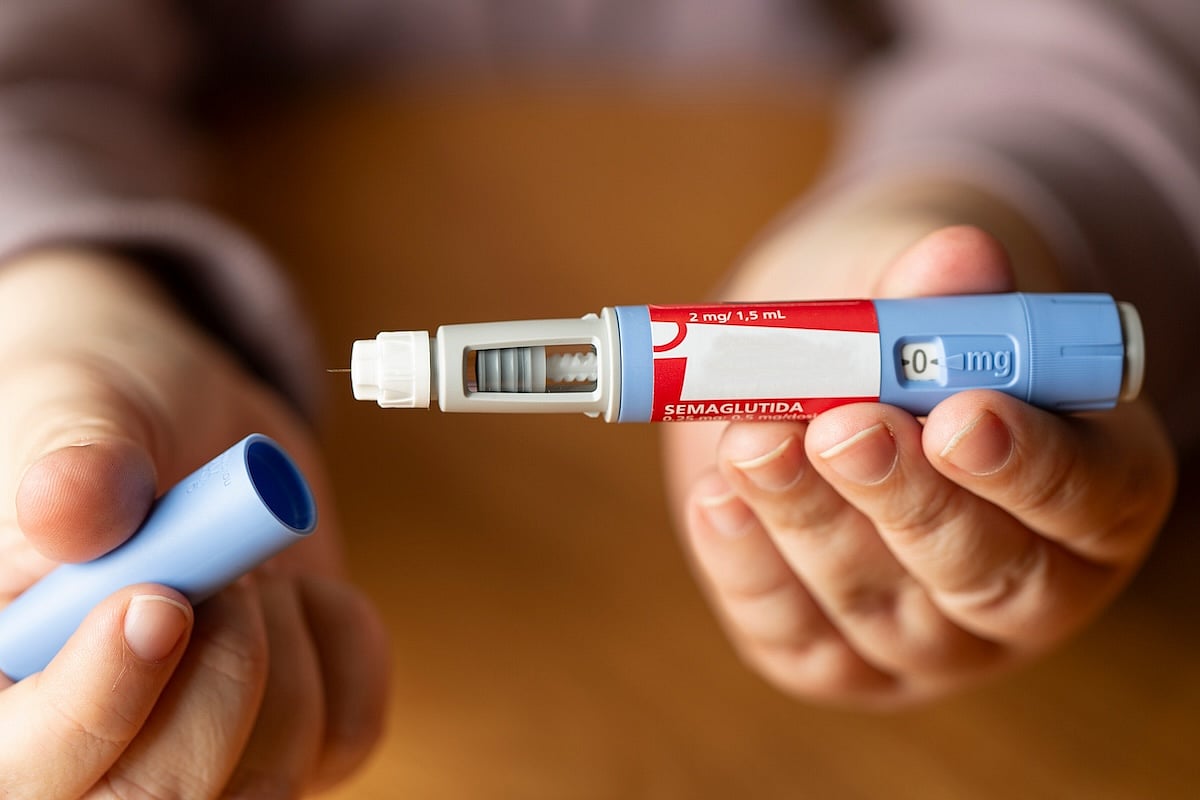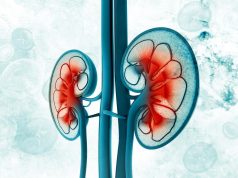Study also revealed no increased risk for major adverse cardiovascular events for patients on a GLP-1 RA versus those not on a GLP-1 RA
By Elana Gotkine HealthDay Reporter
MONDAY, Nov. 10, 2025 (HealthDay News) — For adults with type 2 diabetes and/or overweight/obesity and high triglycerides, glucagon-like peptide-1 receptor agonists (GLP-1 RAs) are not associated with pancreatitis, according to a study presented at the American Heart Association Scientific Sessions 2025, held from Nov. 7 to 10 in New Orleans.
Leslie Iverson, from Intermountain Health in Salt Lake City, and colleagues queried the Intermountain Health electronic medical records to examine whether GLP-1 RAs are associated with an increased risk for pancreatitis and major adverse cardiovascular events (MACE) in adults with type 2 diabetes and/or body mass index ≥27 kg/m2 with and without hypertriglyceridemia. Of the 346,677 patients, 3,834 (1.1 percent) were prescribed a GLP-1 RA and were propensity score-matched with a greedy nearest neighbor algorithm to those never on a GLP-1 RA (3,833 pairs).
The researchers found that the rate of pancreatitis was similar for those on versus not on a GLP-1 RA (2.5 versus 2.6 percent). For patients with severe triglyceride levels (≥500 mg/dL), there was a nonsignificant decrease seen in pancreatitis for those on a GLP-1 RA (8.7 versus 10.9 percent); the hazard ratio was more than four times greater for those not on a GLP-1 RA, after adjustment for prior pancreatitis history. MACE was significantly lower for patients taking a GLP-1 RA (14.9 versus 18.5), with a hazard ratio of 1.25 for those not on a GLP-1 RA.
“Our findings show that hypertriglyceridemia is not a reason to withhold this class of medication from appropriate patients, if they would benefit otherwise,” Iverson said in a statement. “This is an important finding that helps enhance [our] treatment options.”
Copyright © 2025 HealthDay. All rights reserved.








